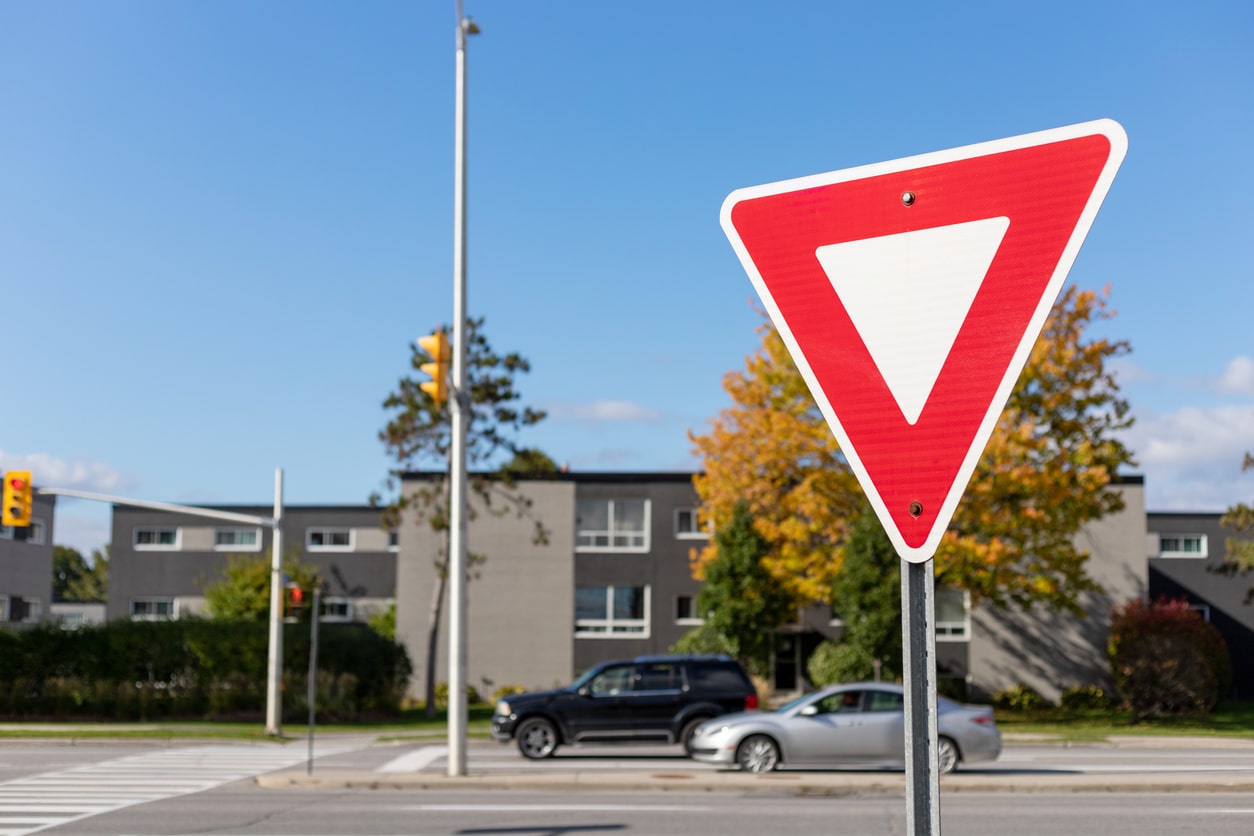
Jurisdiction
Jurisdiction refers to the legal authority of a court to hear and decide cases. Jurisdiction determines which court has the power to rule on a particular case, based on factors such as geographic location, subject matter, and the parties involved. In personal injury and civil cases, understanding jurisdiction is essential, as it ensures that the case is filed in the appropriate court. Filing in the wrong jurisdiction can lead to case dismissal or delays. At 770GoodLaw, we help clients navigate jurisdictional issues, ensuring their cases are filed in the correct court to expedite the legal process and maximize the chance of a favorable outcome.
Types of Jurisdiction
Jurisdiction is generally divided into several categories, each governing different aspects of a court’s authority. Key types of jurisdiction include:
- Subject Matter Jurisdiction: This type refers to a court’s authority to hear specific types of cases. For example, federal courts have jurisdiction over cases involving federal law, while state courts handle most personal injury cases.
- Personal Jurisdiction: Also known as in personam jurisdiction, this type allows a court to exercise power over the individuals or entities involved in the case. Personal jurisdiction is typically based on the defendant’s connections to the geographic area of the court.
- Territorial Jurisdiction: Territorial jurisdiction relates to the geographic area in which a court has authority. For instance, a county court only has jurisdiction within its respective county, while federal courts have broader jurisdiction based on national boundaries.
- Exclusive vs. Concurrent Jurisdiction: Exclusive jurisdiction means only one court can hear the case, while concurrent jurisdiction allows multiple courts to hear the same type of case. For example, both state and federal courts may have concurrent jurisdiction over certain cases involving federal and state laws.
- Appellate Jurisdiction: This refers to the authority of higher courts to review decisions made by lower courts. Appellate courts determine whether legal errors were made in a trial that may have impacted the verdict.
Factors Determining Jurisdiction
Several factors influence which court has jurisdiction over a case. Understanding these factors ensures that cases are filed correctly and proceed without unnecessary delays. Common determining factors include:
-
Location of the Incident: The place where an accident or injury occurred often dictates jurisdiction. For example, an auto accident in Atlanta would typically fall under the jurisdiction of Georgia courts.
-
Residency of the Parties: In some cases, the court must have jurisdiction over the defendant, which is often based on where they live or conduct business.
-
Nature of the Case: Certain cases, such as bankruptcy or patent issues, fall exclusively under federal jurisdiction, while others, like personal injury cases, are usually handled by state courts.
-
Amount of Damages: In some jurisdictions, the amount of money involved can impact which court has authority. Small claims courts, for example, handle cases with lower financial stakes.
Importance of Filing in the Correct Jurisdiction
Filing in the proper jurisdiction is crucial for the following reasons:
-
Preventing Delays: Filing in the wrong court can lead to dismissals or transfers, causing delays in the case proceedings.
-
Ensuring Enforceability: If a court lacks jurisdiction, its decisions may not be legally enforceable, affecting the plaintiff’s ability to collect damages or other relief.
-
Avoiding Additional Costs: Filing in the incorrect jurisdiction can lead to extra legal fees and expenses associated with re-filing or transferring the case.
Jurisdiction Challenges and Disputes
Jurisdictional issues may arise if multiple courts could potentially hear a case, or if the defendant challenges the chosen court’s authority. Common jurisdictional disputes include:
-
Forum Shopping: When a plaintiff chooses a jurisdiction believed to be more favorable, the defendant may challenge this, arguing that a different court is more appropriate.
-
Lack of Personal Jurisdiction: If the defendant has minimal or no connection to the location of the court, they may argue that the court lacks personal jurisdiction.
-
Removal to Federal Court: In certain cases, defendants may seek to “remove” the case to federal court if it involves federal law or parties from different states, changing the original jurisdiction.
How 770GoodLaw Assists Clients with Jurisdictional Issues
At 770GoodLaw, we understand the importance of filing cases in the correct jurisdiction and addressing any challenges that may arise. Our attorneys work to ensure that jurisdictional requirements are met, protecting our clients’ rights and streamlining the legal process. Our approach includes:
- Determining the Proper Court: We assess each case to identify the most appropriate court based on location, type of case, and parties involved.
- Handling Jurisdictional Disputes: Our team addresses challenges to jurisdiction, providing evidence to support the chosen venue or filing motions to transfer if necessary.
- Navigating Complex Jurisdictional Rules: We guide clients through the jurisdictional aspects of state and federal court systems, ensuring compliance with all legal requirements.
- Minimizing Delays and Costs: By accurately determining jurisdiction at the outset, we help clients avoid unnecessary costs, delays, and potential re-filing issues.
Importance of Legal Representation in Jurisdictional Matters
Understanding jurisdictional requirements and addressing potential challenges requires a thorough knowledge of legal procedures and court systems. Skilled legal representation ensures that cases are filed correctly, minimizing the risk of dismissal and protecting clients’ rights. At 770GoodLaw, we provide dedicated support for clients navigating jurisdictional issues, ensuring that their cases proceed efficiently and effectively.
Why Choose 770GoodLaw for Jurisdictional Issues
Our commitment to Relentless Reliability and Sincetegrity drives us to provide comprehensive, client-centered support in cases involving jurisdictional matters. At 770GoodLaw, we work tirelessly to ensure that cases are filed in the correct court, maximizing our clients’ chances of a favorable outcome.


